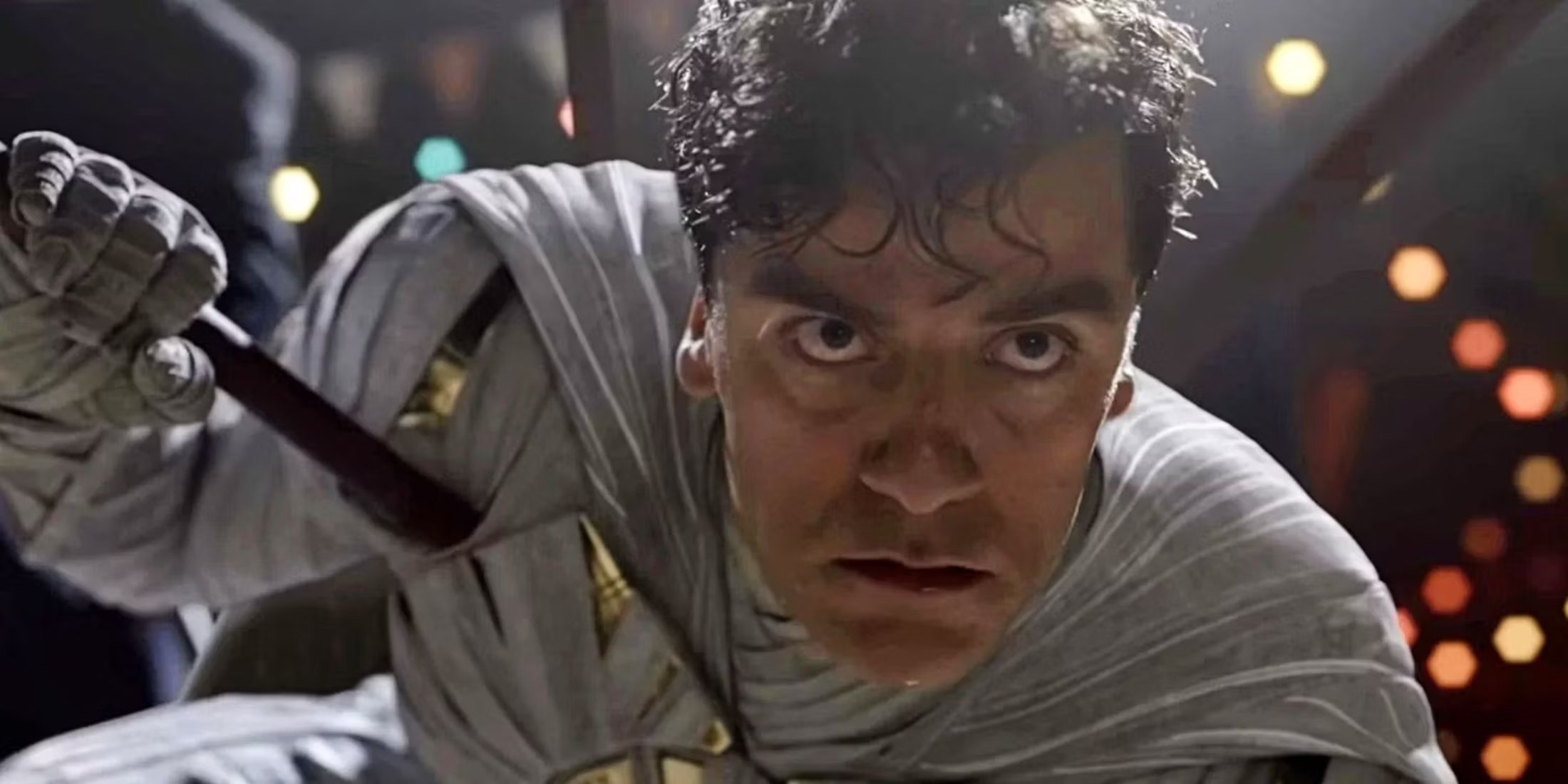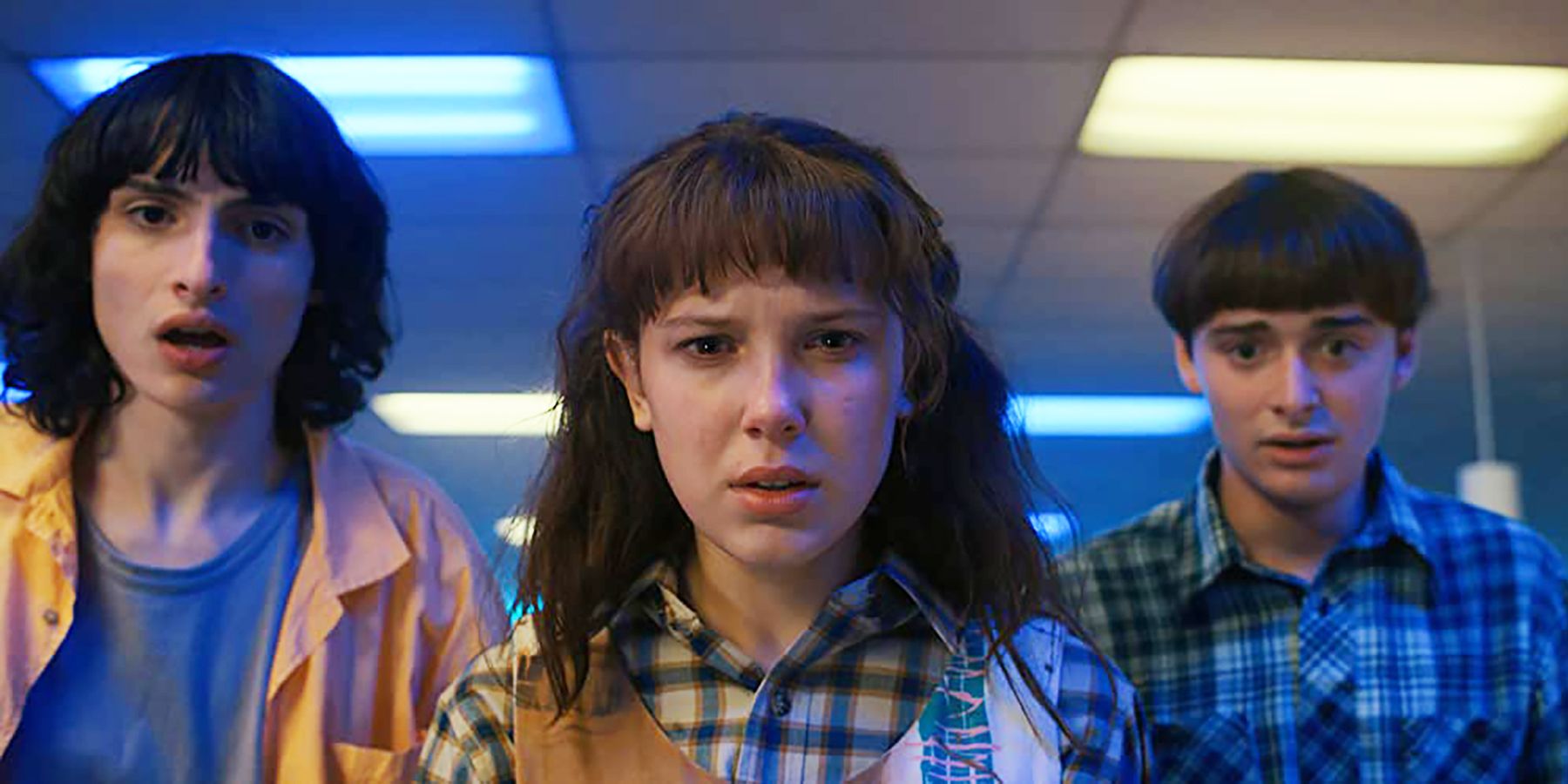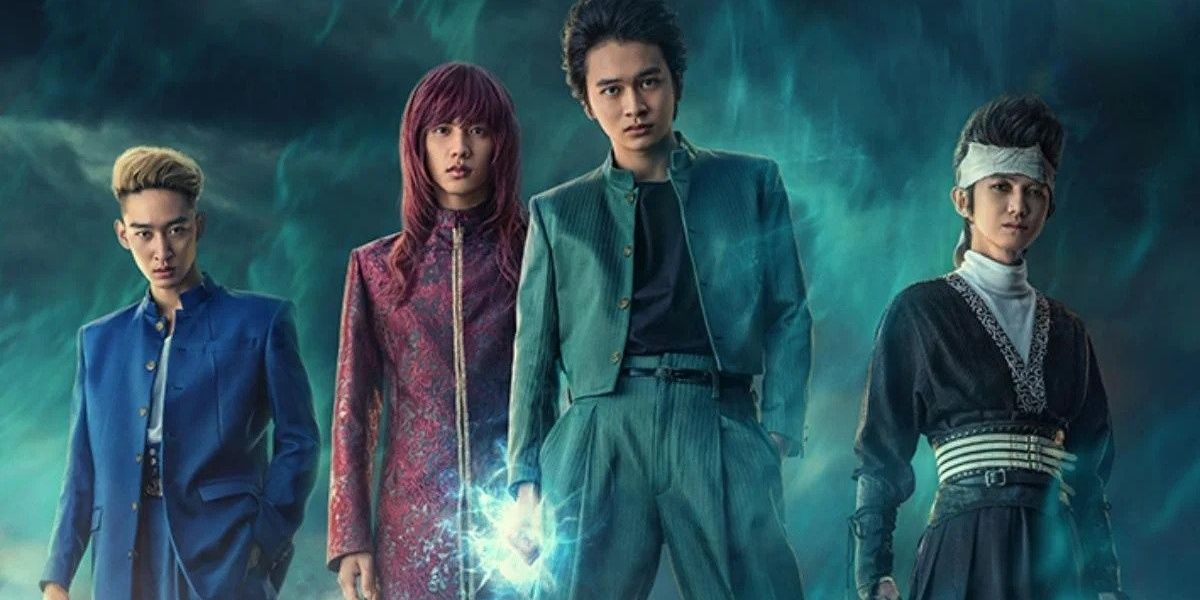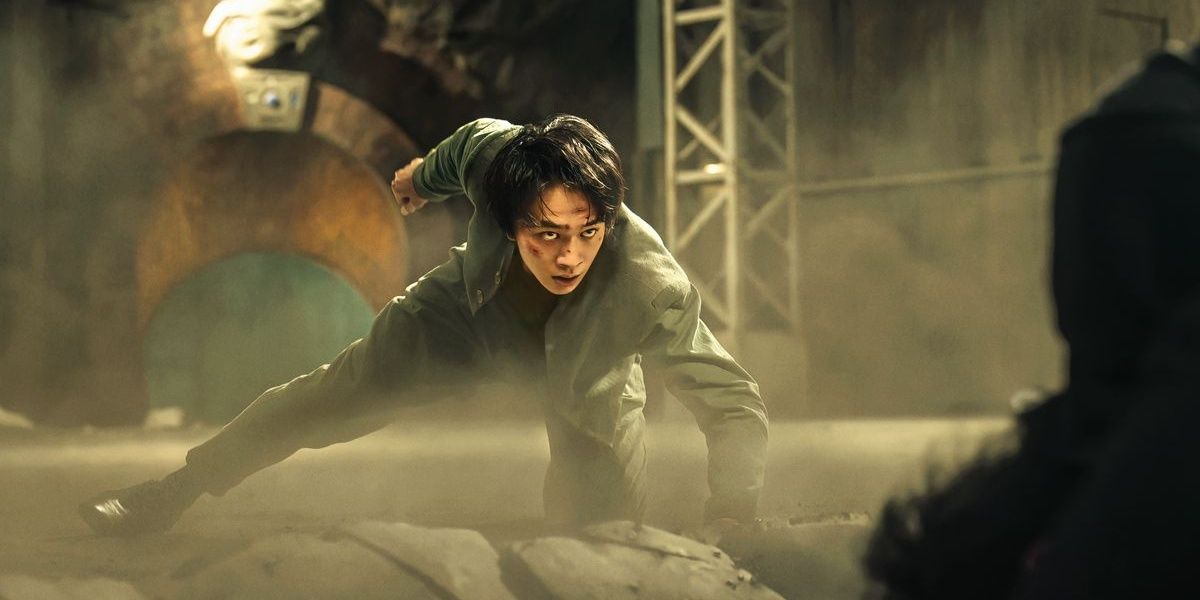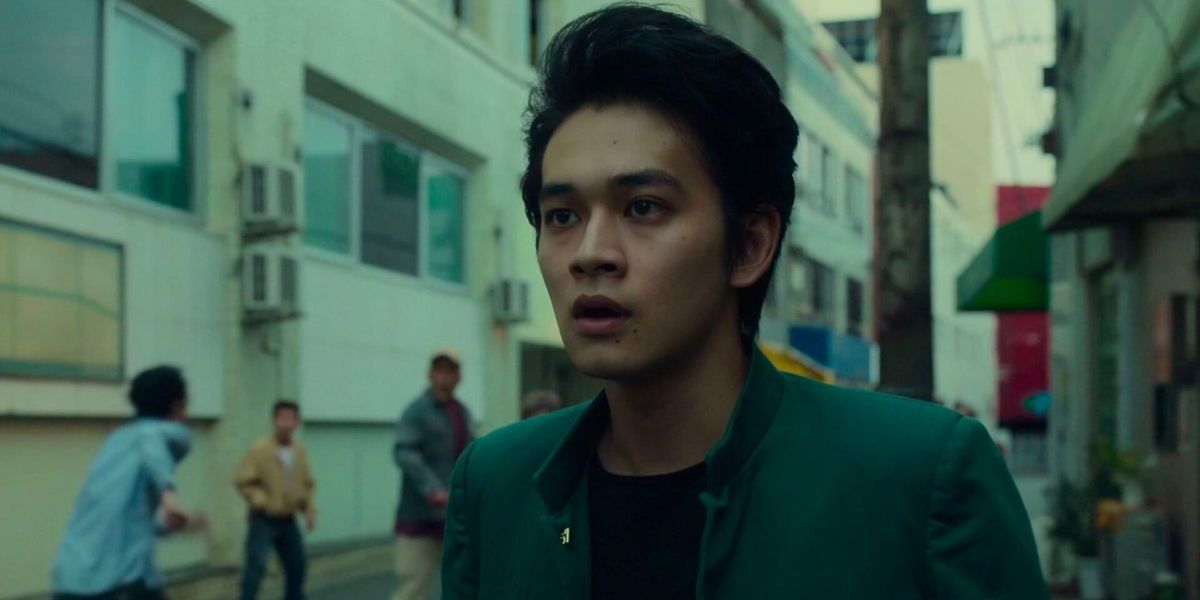There are now three recognizable types of live-action anime adaptations. The Hollywood film iteration is the typically awful variety fans railed against through the 2000s. Netflix's more recent crop, like Cowboy Bebop and One Piece, vary in quality but generally air closer to the source material's aesthetic. Finally, Yu Yu Hakusho belongs to a class with the Rurouni Kenshin movies, which are more straightforward, faithful adaptations of beloved stories. Yu Yu Hakusho is likely the best of its kind.
Akira Morii and Kazutaka Sakamoto brought this Yu Yu Hakusho to Netflix. They previously worked together on the streaming service's Alice in Borderland, a celebrated manga adaptation. Director Shō Tsukikawa has also worked in the genre, helming My Little Monster and Let Me Eat Your Pancreas. Writer Tatsurō Mishima previously worked with Morii on Zom 100: Bucket List of the Dead, but he's set to work on an adaptation of City Hunter.
YuYu Hakusho was far from the first shōnen manga, but it perfected many genre tropes. Rewatching it now, almost 30 years after its on-screen run concluded, fans will experience the origin of many notable follow-ups. One must regularly remind oneself they aren't watching a complete ripoff but the patient zero of the concept. The live-action adaptation feels like a speedrun of the go-to shōnen tropes. The show follows Yusuke Urameshi, a classic delinquent with a heart of gold, in the aftermath of his tragic death. The first episode, which is by far the best of the short season, finds the character's internal struggle. He's strong and noble in a world of people who only manage one or the other. After he dies saving a child, the spirit world offers him a second chance in exchange for helping them deal with some demons. He refuses initially, but a trip to his wake and the drive to save a friend force him to accept the arrangement.
Yusuke becomes a Spirit Detective, though he spends most of his time fighting and shooting rather than investigating in a starkly on-the-nose metaphor. He quickly gathers a small team of fellow warriors who work to prevent Yokai from taking over the world. His closest ally is his rival, Kazuma Kuwabara. Kuwabara is a street tough who failed to best Yusuke in countless fights. He's obsessed with masculinity in an old-fashioned way that only ever brings him pain. The Fox Demon Kurama joins the team when Yusuke sacrifices some of his life to help cure his mother of a disease. Finally, they find an aloof swordsman named Hiei. Hiei and Kurama are hardened killers who eliminate their fellow demons without a second thought. Their cold-hearted nature mirrors Yusuke and Kurama's lives of violence, though operating on much higher stakes. In this thematic element, the show finds its most impressive tonal details.
Yu Yu Hakusho has a lot of thoughts about its action set pieces. Those violent brawls are excellent nearly across the board. Some of the VFX remains unconvincing, but CGI is far from the only string to the show's bow. Stunt performers fly through the air on wires or contort themselves across the ground at breakneck speeds. The compelling battles typically end with a flashy effect, but everything leading up to the fighting game special move cutscene works. The conflict would be enough of a draw alone, far outclassing most anime adaptations. It matches the brooding tone, which eschews most of the goofy slapstick of the anime. The show was made by or for those who remember the Dark Tournament Arc more than the Spirit Detective Saga. Yusuke and Kuwabara struggling to engage with others on any level beyond physical violence is intensely compelling.
As an adaptation, the pacing of the series suffers. Yu Yu Hakusho packs more than 50 anime episodes into five 45-to-55-minute outings. It's a Herculean task that predictably erases much of the source material's nuance. Events stick together in ways they shouldn't. Few emotional moments have time to breathe. The first episode is the best because it's given the time it needs to set the stakes and hit viewers in the heart. One Piece handled this element better, crafting brief two-episode arcs instead of packing an entire storyline into 48 minutes. While this will likely irritate fans, the show never drags. Where One Piece was a party celebrating decades of the beloved anime's success, Yu Yu Hakusho is a crash course. It's designed more to steer newcomers toward the source material than to revel in its excellence. Thankfully, it's also a solid action/horror/drama in its own right.
Yu Yu Hakusho will almost certainly lead new fans to a classic of the genre. If it accomplishes nothing else, it'll bring Togashi's beloved 90s shōnen back to the forefront of cultural imagination. The anime adaptation curse has always been a messy term, like its cousin, the video game movie curse. There's no reality in which Netflix's Yu Yu Hakusho would ever best the original manga or anime, but the result is miles from the disaster some imagined. Yu Yu Hakusho is worth watching for longtime fans, but it'll guide newcomers to the anime they deserve.
Yu Yu Hakusho (2023)
The live-action adaptation of this beloved 90s anime sees young Yusuke Urameshi return to life as a Spirit Detective.


